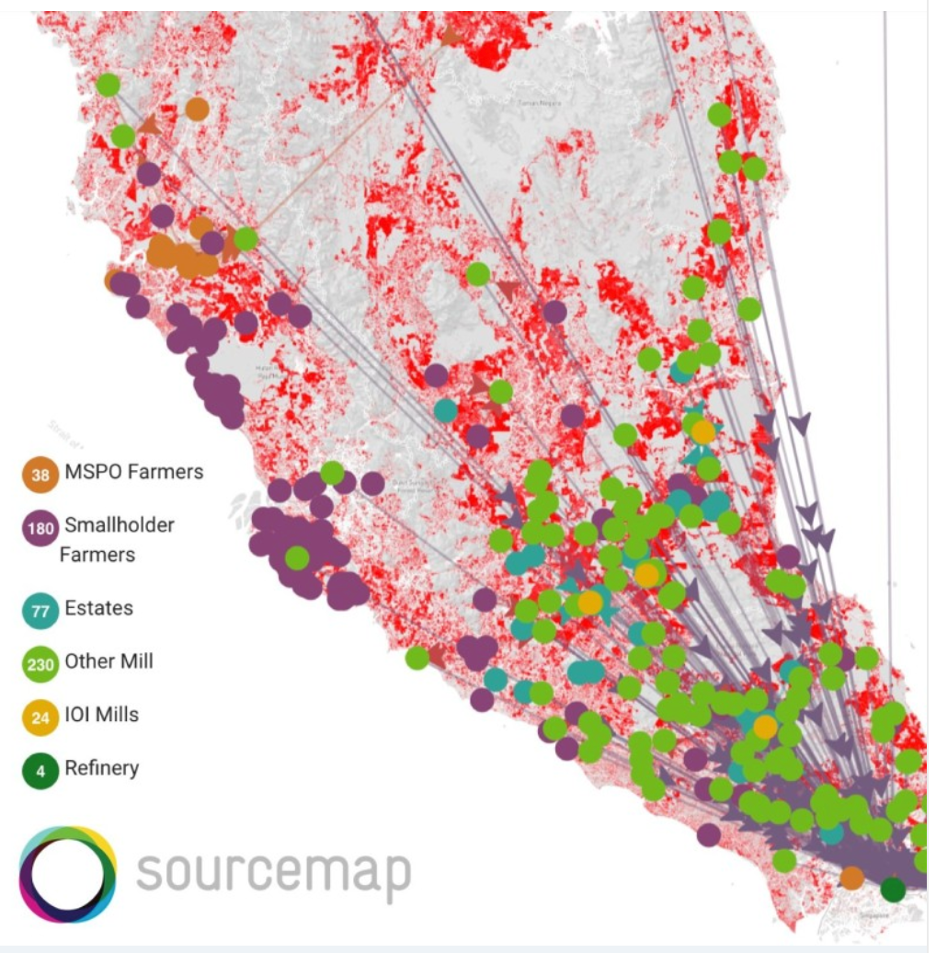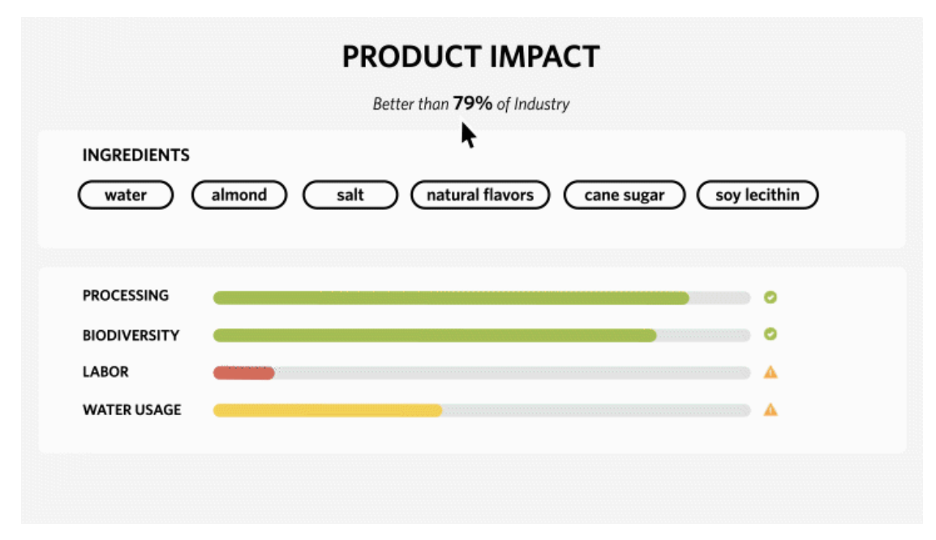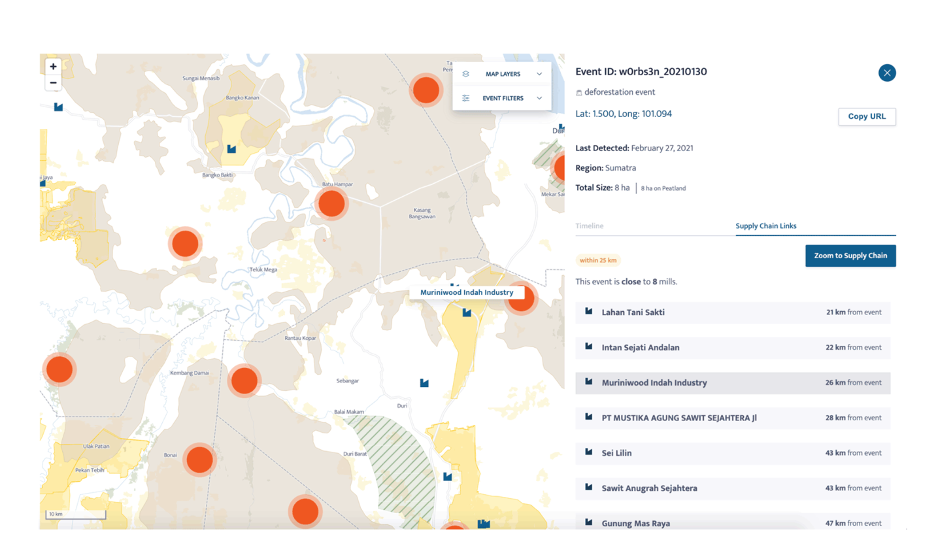
The long-lasting Covid-19 pandemic and the recent Russia-Ukraine war caused huge disruption to the world supply chain and the economy. Some obvious effects are that everything is getting more expensive but online merchandise takes longer to arrive.
Eventually, the pandemic and the war will be in history, but one thing still remains is climate change. Climate change is a global effect and requires global cooperation, which means human beings, as a whole, should be more aware of what to produce and consume. That’s why the supply chain, especially its sustainability, is worthy of more attention and effort.
The supply chain involves where raw materials are sourced from, where and how they are manufactured, and how products and services are delivered to the customers. Referring to a documentary made by Wall Street Journal called “Why Global Supply Chains May Never Be the Same”, a USB charger was 1) produced in Vietnam, 2) shipped to USA’s ports, 3) transferred to Inland Empire, then 4) transported to fulfillment centers (warehouse) through long-haul trucks and finally 5) delivered to consumers through last-mile deliveries.
Sustainability is more associated with environmental protection and social responsibility. As mentioned before, society is making efforts to reduce emissions. For example, lots of F&B in Singapore are replacing plastic straws with paper straws. Although it’s annoying to find paper straws not functioning after using them for five minutes, it shows that people start to take real actions against climate change.
Supply chain sustainability was a higher pursuit until the EU’s proposed new deforestation law, Germany’s Supply Chain Due Diligence Act and other supply chain due diligence policies make compliance as a mandate. Especially in Europe and US, businesses need to know their footprints in deforestation, emission, and forced labour.
That leads to the next question, how to measure all those abstract concepts and follow the laws? Here are some companies which have great ideas and can provide data-driven solutions.

The first one is Sourcemap Inc., founded by Leonardo Bonanni in 2011. This one provided a supply chain map in a Wall Street Journal’s documentary called “How Companies Are Overhauling Supply Chains to Ease Bottlenecks”. What Sourcemap can do is to show end-to-end supplier networks, visualize them, and analyze them. One shocking thing from their research is that 15–25% of raw materials transactions are fraudulent, meaning they fail to meet legal and company-specific standards for due diligence. That really shows how important Sourcemap is doing and will bring changes to society. Recently in February this year, Sourcemap received a US$10 million investment led by Energize Ventures with participation from E14 Fund.
According to his Linkedin profile, Leonardo A Bonanni has a bachelor’s degree in Architecture, Sculpture at Columbia University and master’s and PhD degrees in Media Arts and Sciences at MIT. In 2011, the next year of his PhD graduation, Mr. Bonanni created Sourcemap, a supply chain transparency and traceability software that spun out of early MIT research.
In November 2021, Mr. Bonanni and Sourcemap held the first Supply Chain Transparency Conference (the “Conference”). HowGood, Inc. and Satelligence B.V., two very interesting companies, both attended.

According to the website, HowGood, incorporated in 2006, is a SaaS data platform with the world’s largest database on food and personal care product sustainability. During the Conference, Ethan Soloviev, HowGood’s Chief Innovation Officer, explained that they collect and analyse the data covering environmental impact, labor risk, and animal welfare on various ingredients, chemicals, and materials. Their clients, leading brands, retailers and restaurants, can utilize those metrics in their decision-making and meet set standards.
One interesting point mentioned by Mr. Soloview is that 65% to up to 95% of the greenhouse gas footprint of any product actually came from the upstream farm to gate agricultural activities especially having to do with land use. If consumers can see about products’ emissions just like nutrition formula, more awareness and market effect may help reduce greenhouse gas or other sustainability issues.

Satelligence, incorporated in 2016, uses satellite data combined with supply chain linkage data to provide insights on performance of agricultural production and supply chain risks. The company can help clients monitor deforestation, supply chain, carbon, biodiversity, and other aspects in real-time.
In a video released by Sourcemap and Satelligence in May 2021, two startups worked together to expand their businesses and services. They aimed to involve as many players as possible in product supply chains into their system and analyse both historical and real-time data and risks. Currently, palm oil, cocoa and soybean supply chains seem to be their main focuses and they can share with their clients the status and area of deforestation.
Truly, it is super impressive that those startups can take initiatives much earlier than laws and regulations come in and those people are making the world a better place.


